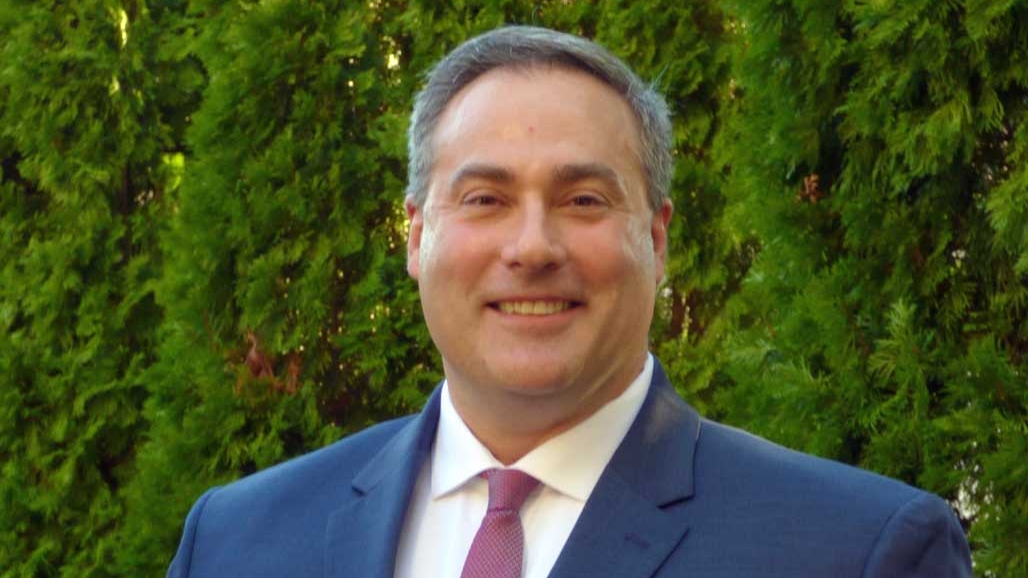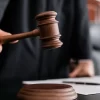|
Getting your Trinity Audio player ready...
|
The Alabama Supreme Court has denied a motion to dismiss filed by David Cole in a challenge to his election as state representative for House District 10. The ruling by the court allows depositions to proceed in the case, with the Madison County Circuit Court managing the process and settling disputes.
Cole, through his attorney Al Agricola, filed the motion to dismiss, claiming that the circuit court didn’t hold jurisdiction after Cole was sworn in, and that only the state Legislature had jurisdiction. The plaintiff in the case, Libertarian candidate Elijah Boyd, conceded that the Legislature would ultimately determine the challenge, but argued that the circuit court played a role in the discovery process, managing depositions and settling disputes.
The ALSC obviously agreed with Boyd and his attorney, Barry Ragsdale. The court didn’t require the plaintiffs to respond to a blistering appeal filed by Agricola, in which he was openly critical of Circuit Court Judge Ruth Ann Hall, calling her decision not to dismiss the case “completely devoid of merit.”
The ALSC’s abrupt dismissal of the motion now clearly establishes in Alabama law that the circuit court in the district where the election was held is to play some role in the early gathering of discovery material.
“Now that the Supreme Court has unanimously rejected Dr. Cole’s arguments about jurisdiction and told him that he must testify under oath regarding the fact that he doesn’t live in District 10, we expect the depositions in this case to proceed quickly,” Ragsdale said in a statement. “The citizens of District 10 deserve a representative who actually lives in their district and who takes seriously his oath to follow the Constitution’s residency requirements, rather than trying to mislead voters about it. It’s a shame that we have had to wade through all his lawyer’s baseless legal maneuvering to get to a point where Cole is going to have to tell the truth under oath. We look forward to taking his deposition.”
Cole’s residency issues were first reported by APR in October. The Huntsville doctor owns and lives in a home that was moved out of District 10 and into District 4 in the 2020 redistricting, which was largely directed and determined by Republican state lawmakers.
In an apparent effort to subvert the residency laws – state law requires that candidates reside in a district at least one calendar year prior to the general election for an elected position in that district – when filing to run for office, Cole used the address of a family friend who resides in District 10. When questioned about the discrepancy by APR, Cole’s campaign claimed that Cole “rented space” from the friend and that Cole and his family moved into the home in order to meet the residency requirements.
That would have left Cole, his wife and three children living in an approximately 3,000-square-foot home with a friend and his wife while the Coles’ home in District 4 sat unused. Cole’s campaign provided APR with an alleged lease document showing that the Cole family moved into the home two days prior to the filing deadline. Tax records, however, show that Cole and his wife continue to own the home in District 4, and that even on the family’s 2022 tax records, they use that District 4 house for their homestead exemption.
Cole was observed on multiple occasions in October at the District 4 home, which the Coles still own and where the family apparently still resides. Cole and his family have been observed at the home as recently as last week, even as he pushes forward fighting against a challenge based on his residency.
The challenge now moves into the deposition phase and will ultimately be determined by the legislature. The 2023 legislative session begins in early March, and lawmakers are expected to move quickly to settle the matter.












































